University of California San Francisco
-
-
Being ‘Socially Frail’ Comes With Health Risks for Older Adults
-
UCSF Neurologist Celebrated for Innovative Epilepsy Research
Jon Kleen is named the 2023 Dreifuss-Penry Epilepsy Award recipient by the American Academy of Neurology (AAN). He is honored for his contributions to epilepsy treatment.
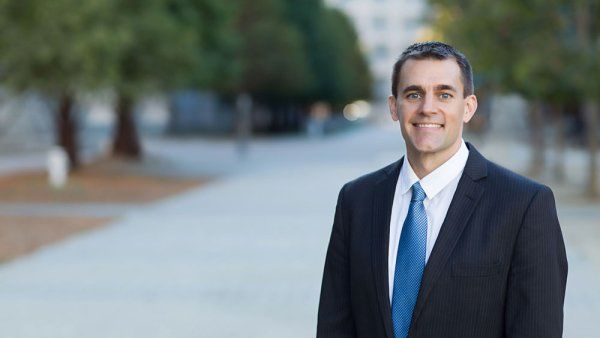
-
If You Still Haven’t Had COVID, Are You Immune – Or Just Lucky?
-
Can Lymph Nodes Boost the Success of Cancer Immunotherapy?
A clinical trial showed that, rather than removing lymph nodes, leaving them intact could help immunotherapy activate tumor-fighting T cells in the lymph nodes.
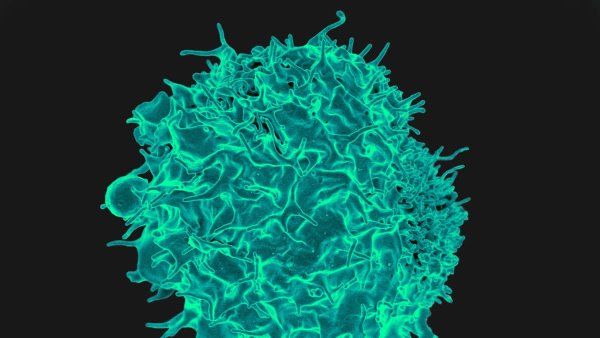
-
How Do We Smell? First 3D Structure of Human Odor Receptor Offers Clues
-
California’s Anti-Smoking Push Spurs Big Savings on Health Costs
For the past 30 years, the California Tobacco Control Program has helped Californians save $816 billion in health care costs.

-
Making Sense of Scents
In a first, UCSF scientists created a molecular-level, 3D picture of how an odor molecule activates a human odorant receptor.

-
For Anorexia Patients, Does Distress Rise with Higher Caloric Intake?
A higher-calorie nutrition plan isn’t more distressing for hospitalized teens and young adults with anorexia than a lower-calorie plan.

-
These Morning-After Pills May Prevent S.T.I.s, Researchers Say
-
Relaxation and Pain Relief Techniques to Try from Home
At UCSF’s Stad Center for Pediatric Pain, Palliative, and Integrative Medicine, our pediatricians care for children in pain through a unique combination of conventional medical treatments and
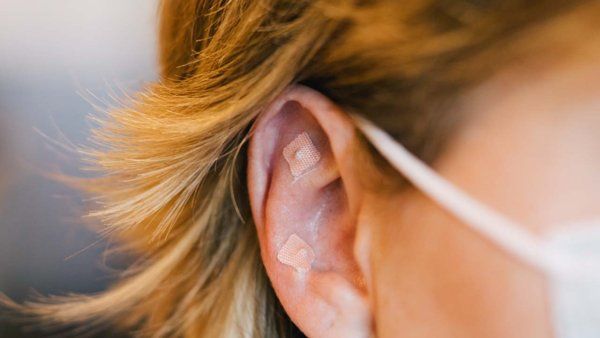
-
What Running Does to the Knees, According to a Large Survey of Marathon Runners
-
Remembering Richard “Dick” Rosenberg (1930-2023)
Richard “Dick” Rosenberg passed away on March 3 at the age of 92. A visionary businessman and prolific philanthropist, Rosenberg will be remembered for his inspiring impact on the Bay Area community and beyond.
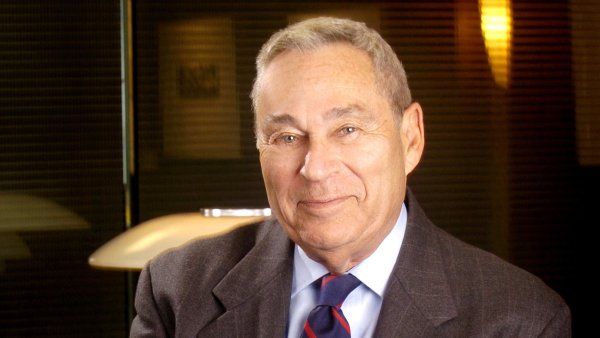
-
Screen Time Tied to Suicide Risk for Tweens – But Don’t Panic
UCSF’s Jason Nagata advises that ingraining healthy screen habits in kids as early as possible can help decrease chances of suicidal behavior.

-
New App Calculates Women’s Risk for Advanced Breast Cancer
A new digital tool helps to calculate breast cancer risk for those who may develop advanced cancer that goes undiagnosed despite regular screenings.

-
Paid Sick Leave Means More People Get Screened for Cancer
Sick leave coverage expansion were associated with higher rates of mammography screening and colorectal screening, potentially leading to better health outcomes.
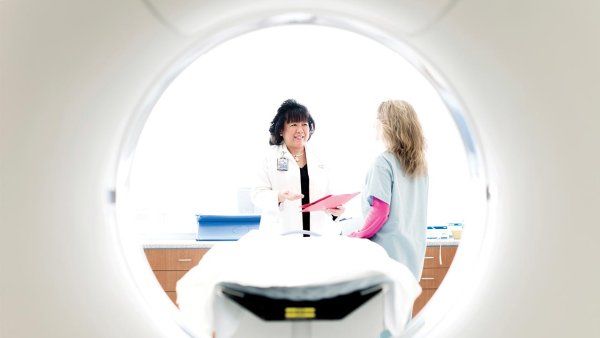
-
S.F. Composers Meld Sound With Science for New Perspective on Alzheimer’s
-
Doxycycline for STI Prevention: Highly Effective, Minimal Drug Resistance
A sexual health strategy called Doxy-PEP, which involves taking doxycycline after condomless sex, is highly effective in reducing bacterial STIs but is still associated with a limited rise in resistant strains of bacteria.
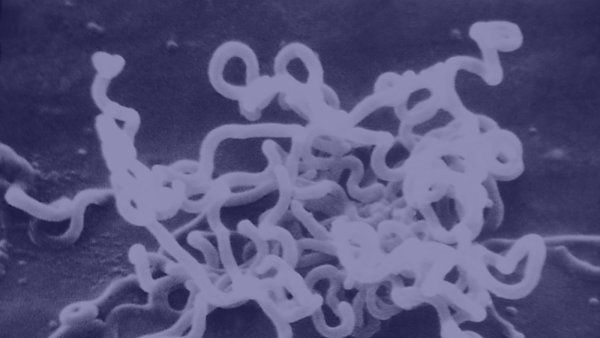
-
UCSF Health Joins Registry to Improve Cardiogenic Shock Treatment
UCSF’s Heart and Vascular Center participation in a new Cardiogenic Shock Registry aims to improve treatment for cardiogenic shock types.

-
Susceptibility to Pathogenic T Cells in Chronic Lung Disease May Have Genetic Basis
Respiratory viral infections pose significant morbidity and mortality to patients with chronic lung diseases like emphysema and COPD, causing exacerbations that drive destruction of normal lung tissue

-
When Can I Get a Second Bivalent COVID Booster? Here’s What We Know Right Now
-
How to Improve COVID Vaccination Rates With Emergency Room Messaging
UCSF researchers found that distributing pro-COVID-19 vaccine information in EDs in English and Spanish increased vaccine acceptance, especially among Latinos and those without primary care physicians.
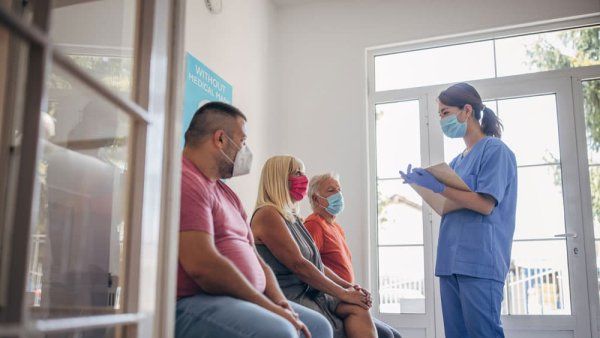
-
UCSF is No. 1 Public Recipient of National Institutes of Health Funding in 2022
UCSF is a leading recipient of National Institutes of Health (NIH) funding for research, with a focus on advancing health sciences and medicine.
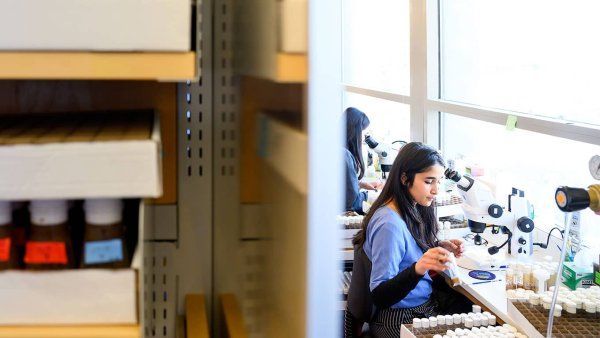
-
Artist, Who Has Spent a Decade Working With Patients at UCSF Children’s Hospital, Receives Kindness Award
-
What Is Disordered Eating? And Why Do 20% Of the World’s Kids Show Signs of It? Experts Explain
-
There Is an Increase in Syphilis in the US, What You Need To Know
-
Science World Honors Kevan Shokat for High-Impact Cancer Research
Kevin Shokat, who developed a successful approach to drugging a protein produced by the KRAS gene, has received two prestigious scientific awards.
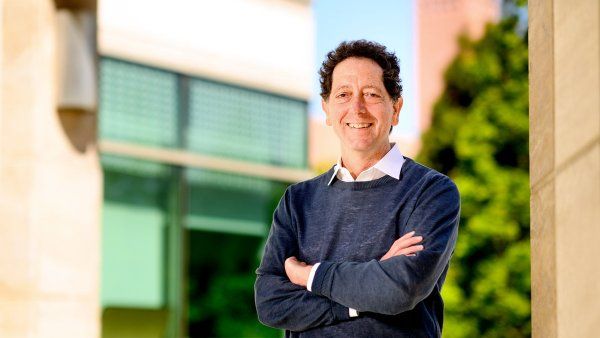
-
How a Consistent Sleep Schedule Might Protect Your Heart
-
‘This Is a First’: Why a 5-Hour Heart Transplant at UCSF Made History
-
Plant-based Foods May Reduce Prostate Cancer Progression, Study Says
